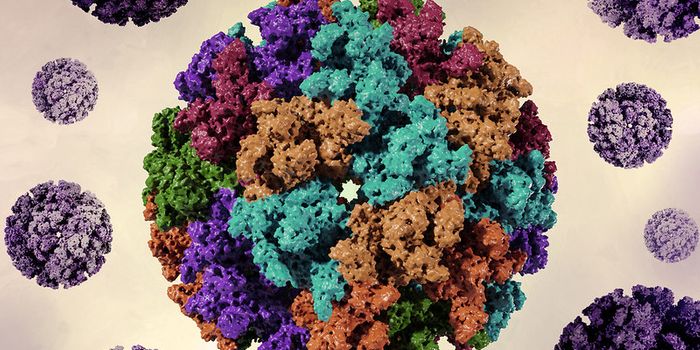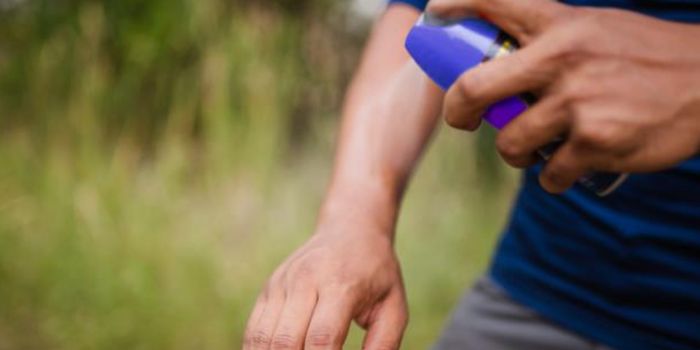Soil Fungi are Causing Serious Lung Infections Across the US
Various types of fungi in soils are causing serious lung infections in 48 of 50 US states and the District of Columbia, even in areas that were thought to be free of dangerous environmental fungi. In the 1950s and 60s, an assessment of fungal infections indicated that they were only happening in certain parts of the country. But new research reported in the journal of Clinical Infectious Diseases has shown that fungal infections are now occurring all over the place.
Clinicians who are using old maps that show where fungi are causing disease could be misdiagnosing fungal infections. The last time the Centers for Disease Control and Prevention updated such maps was in 1969.
Senior study author Andrej Spec, MD, an associate professor of medicine and a specialist in fungal infections at Washington University School of Medicine in St. Louis noted that he gets calls all the time from different doctors in the Boston area about a case they cannot solve. "They always start by saying, 'We don't have histo here, but it really kind of looks like histo.' I say, 'You guys call me all the time about this. You do have histo,'" said Spec.
Histoplasma, also known as histo, is one of three primary soil fungi species causing lung infections in the US, and it has typically been limited to the Midwest and parts of the East. Coccidioides causes infections in the Southwest, while Blastomyces is the major fungal problem in the Midwest and the South. But an increasing number of case reports has suggested that all three species are on the move, and have expanded into new areas. Climate change is probably to blame.
When people breath in spores from soil fungi, they can develop lung infections. Spores can go airborne when something like landscaping, construction, or farming disturbs the ground, or when people walk around in places like caves where fungi love to grow.
Healthy people can usually fight off a lung infection without help from medication, but people with more fragile immune systems, such as the very young or old, can get symptoms like fatigue, cough, or fever. Those symptoms are often mistaken for other issues like bacterial or viral infections that affect the lungs.
In this study, the research evaluated Medicare claims for fungal lung infections that occurred anywhere in the US between 2007 and 2016. Home addresses for patients were used as counties of residence, and the number of cases per 100,000 person-years, an indicator that standardizes counties with very different population sizes - was calculated.
Any county with over 100 cases of Histoplasma or Coccidioides infection, or counties with 50 cases of Blastomyces infection per 100,000 person-years were considered to contain a significant number of fungal lung infections.
There are 3,143 counties in the U.S., and 1,806 counties that had a significant number of Histoplasma infections, 339 counties with Coccidioides infections and 547 counties with Blastomyces infections. In every case, the counties are evenly distributed across most of the U.S. At least 94 percent of US counties have had significant numbers of Histoplasma lung infections, 69 percent with Coccidioides infections and 78 percent with Blastomyces infections.
"Fungal infections are much more common than people realize, and they're spreading," Spec said. The medical and scientific community should start paying more attention to this growing problem.
Sources: Washington University School of Medicine, Clinical Infectious Diseases









